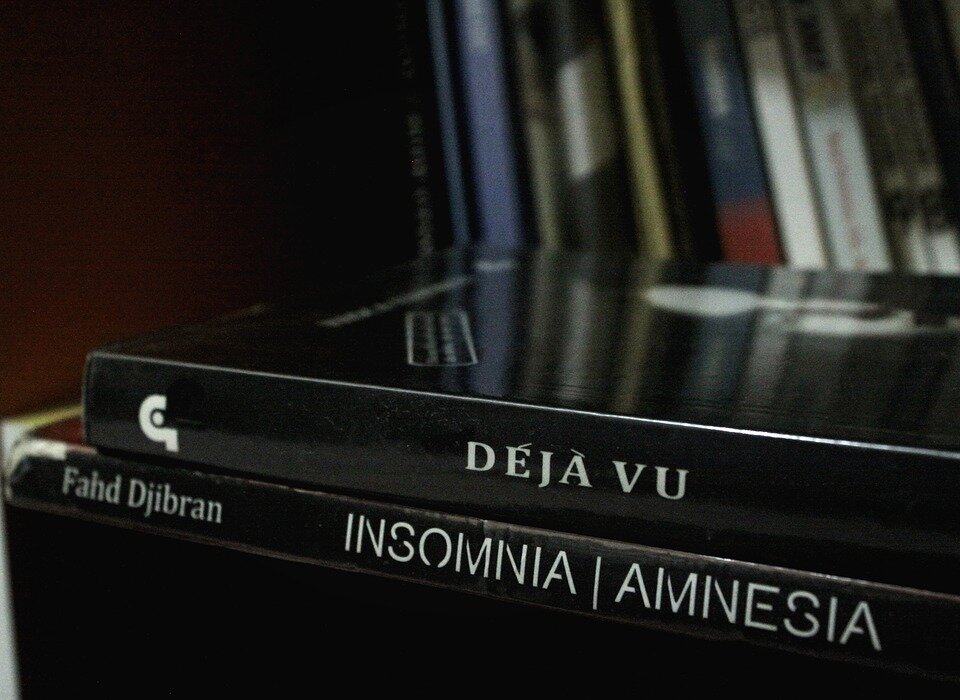“Do I feel like I’ve been through this before? This is one of the most commonly used expressions for these situations that, for some reason, seem to have lived in the past. It can happen anywhere and during any activity: walking, talking in a bar, watching a movie or traveling by car, and tends to intensify more and more before disappearing completely.
If you identified with the statements above, or if you’ve already uttered the sentence with which we started the text (or something similar), it means you’ve already seen it.
- The term already seen comes from the French language and its meaning is “already seen”.
- In general.
- This happens to 65% of people.
- With greater preponderance in individuals between the age of 15 and 25.
- Little is known about this mysterious phenomenon.
- As it is an ephemeral and sudden feeling that does not need a medical condition to occur.
- So it is a difficult object of study.
Today, this phenomenon remains an enigma and a constant challenge for all scientific fields related to the study of mind, body and human health.
The known certainties in relation to this phenomenon are very few, let’s see:
? The common denominator is that we are all aware that déj vu is occurring, which implies that it is necessary to have the participation of the whole brain for this to happen.
? Scientific research has shown that deja vu comes from several changes in the temporal lobe, so proper stimulation of the renal cortex can even induce this phenomenon.
? As reported in research published in the Journal Clinical Neuriphysiology, the synchronized action of renal cortex, hippocampus (involved in creating memories) and cerebral amygdala (involved in the appearance of emotions) results in the formation of a deja vu. This was demonstrated by a study in epileptic patients, in which the phenomenon was induced by electrical stimuli.
There are several ways to explain this phenomenon, most of which come from the field of neurosciences.
Some experts claim that deja vu occurs when our brain tries to generate integral conceptions of reality, but with limited inputs, memory works by taking fragments of sensory information to bring a specific memory to the present, in this case déj vu would be a mixture of these sensory inputs with the memories brought to the present.
On the other hand, a widespread theory ensures that deja vu is the cause of sporadic dysfunction between long-term memory and short-term memory, filtering information through storage and transfer mechanisms, i. e. in a new experiment (stored in short-term memory), we could unconsciously use an old memory, combining it with the experience of the present.
There is another similar theory that deja vu is a “error of time”. This means that the sensory information present can follow a long-term memory-stored experience, which, as a result, has a delay in current processing and an interconnection with the sensory past.
In conclusion, although the precise cause and mechanisms of this strange phenomenon remain a mystery to this day, do not worry if this happens, because nothing happens to you, on the contrary, enjoy the moment and enjoy this strange feeling, which never ceases to amaze.

